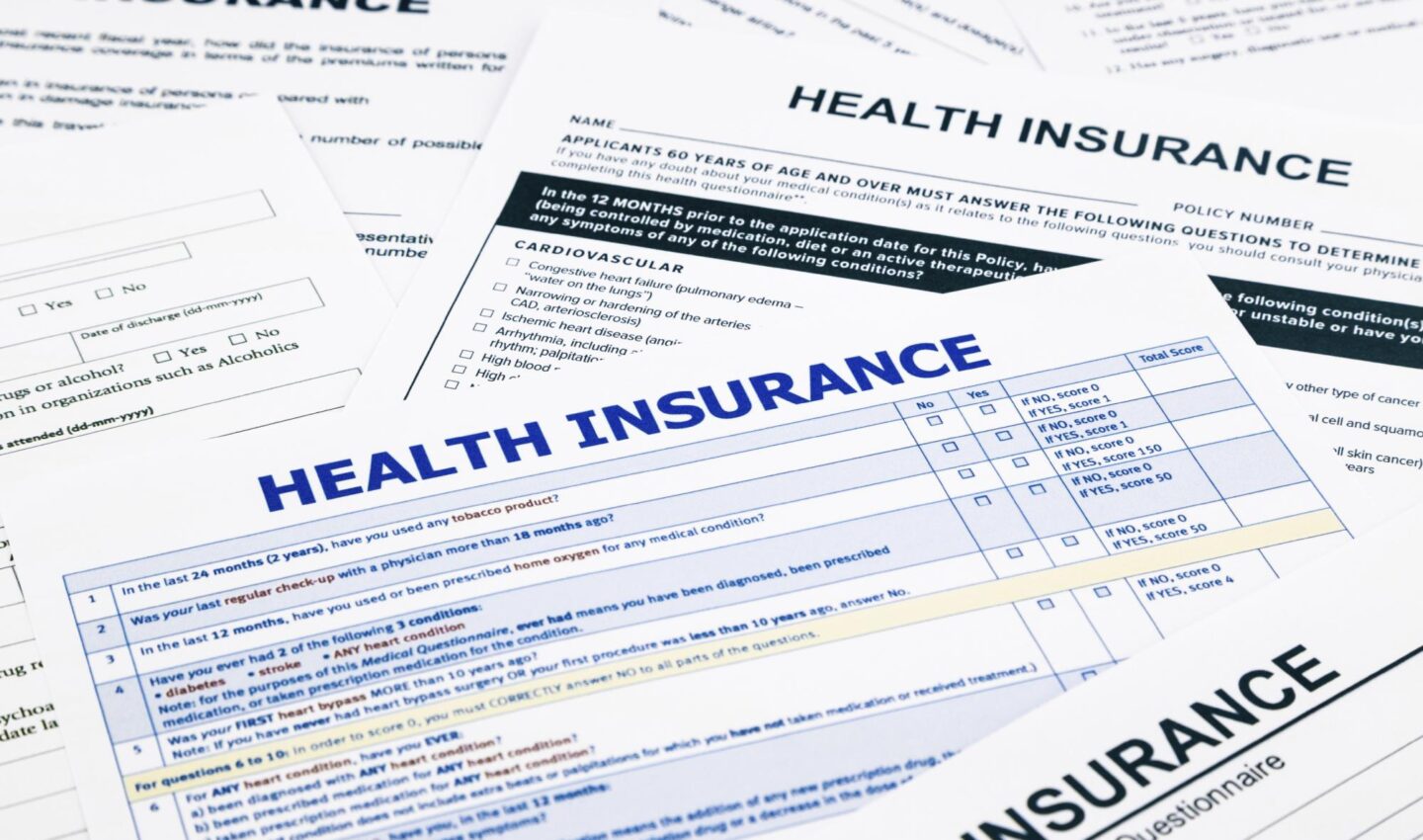The cost of health insurance, limits in eligibility and difficulties with the application process are among the major reasons why more than 200,000 individuals across Massachusetts are still uninsured, according to a report co-authored by UMass Medical School and commissioned by the Blue Cross Blue Shield of Massachusetts (BCBSMA) Foundation. The report authors conclude that the experiences of the remaining uninsured can inform future strategies for improving health insurance access.
The Remaining Uninsured in Massachusetts: Experiences of Individuals Living without Health Insurance Coverage, released Feb. 18, summarizes the findings of a qualitative study by UMass Medical School’s Commonwealth Medicine division in which 33 uninsured individuals were interviewed about their experiences of having no health insurance. The report includes the personal stories of five individuals who have experienced the challenges and consequences of being uninsured.
The study was led by Michael Chin, MD, assistant professor of UMass Medical School’s Department of Family Medicine and Community Health and health policy associate in the Research and Evaluation Unit within Commonwealth Medicine; and Deborah Gurewich, PhD, assistant professor of UMass Medical School’s Department of Family Medicine and Community Health and associate director of the Research and Evaluation Unit within Commonwealth Medicine. The Commonwealth Medicine co-authors are Kathy Muhr, MEd, and Heather Posner, MA, of the Research and Evaluation Unit; and Jennifer Rosinski of Marketing Analytics. Elise LaFlamme, MD, a family physician in Lawrence, and Audrey Gasteier, MS, of the Commonwealth Health Insurance Connector Authority also were contributing co-authors.
Massachusetts has the lowest uninsurance rate in the nation at about 3 percent, an achievement that is partly the result of the state’s 2006 health care reform law, according to the report. In 2006, 8 percent of the state’s population was uninsured, but that rate was down to 3 percent in 2008. The remaining uninsured individuals and families in Massachusetts are living with the potential adverse health effects and financial impacts of not having health insurance, the report says.
The study was conducted to better understand the reasons that individuals in Massachusetts are uninsured and to inform future strategies that might minimize the barriers to coverage experienced by some residents.
Key findings of the study:
-
Individuals are uninsured for a variety of reasons, including the inability to afford health insurance and changes in circumstances that result in the loss of employer-sponsored insurance.
-
Most uninsured individuals wanted health insurance coverage.
-
There are a variety of reasons why some people had not applied for health insurance, including not being eligible for employer-sponsored insurance or subsidized health insurance, and not being able to afford health insurance, even if it is subsidized.
-
The possibility of penalties for not having health insurance was not a major factor influencing the majority of those who were interviewed.
-
Uninsured individuals had voiced common themes concerning their experiences in applying for health insurance, including a strong preference for in-person assistance over applying by phone or online.
-
Uninsured individuals had suggestions for how to help people applying for coverage, including making application information more understandable, increasing the availability of in-person assistance, and having the Enrollment Assisters who speak different languages.
Consumer stories bring the report statistics to life:
-
Winslow Thayer, who had to postpone medical tests to find out why he was having trouble breathing after being laid off from his job and not being able to afford to continue health insurance. He later qualified for MassHealth, the Massachusetts Medicaid program.
-
Carlin Usher, an immigrant from Jamaica who moved frequently to find temporary employment that did not offer health insurance benefits. She wasn’t aware that MassHealth was an option, but a work colleague explained that she would qualify and helped her obtain coverage. She is now insured for the first time in her life.
-
Rosalia Reyes, who will need several more years to pay off debt incurred in July 2015 when she was uninsured and sought treatment for weakness in her hand. After immigrating to Lawrence from the Dominican Republic in 2009, she worked odd jobs for minimal wages that did not provide health insurance benefits. She was unable to afford health insurance through her husband’s employer and has had to pay a penalty of about $700 twice for not having health insurance.
-
Renata Bussadori, who lived without health insurance for seven years and put off getting annual check-ups and new glasses when her vision worsened. She lost MassHealth when she was a teenager and her family’s income increase disqualified them from coverage. As an adult, she couldn’t afford health insurance along with college tuition and loans for her car and a medical training program.
-
Francisca Ynoa, who worked full time in Massachusetts for 25 years before finding out in 2014 that she was no longer eligible for MassHealth. Though she had an option to buy private health insurance from her full-time employer, she couldn’t afford the least expensive option at $200 a month.

